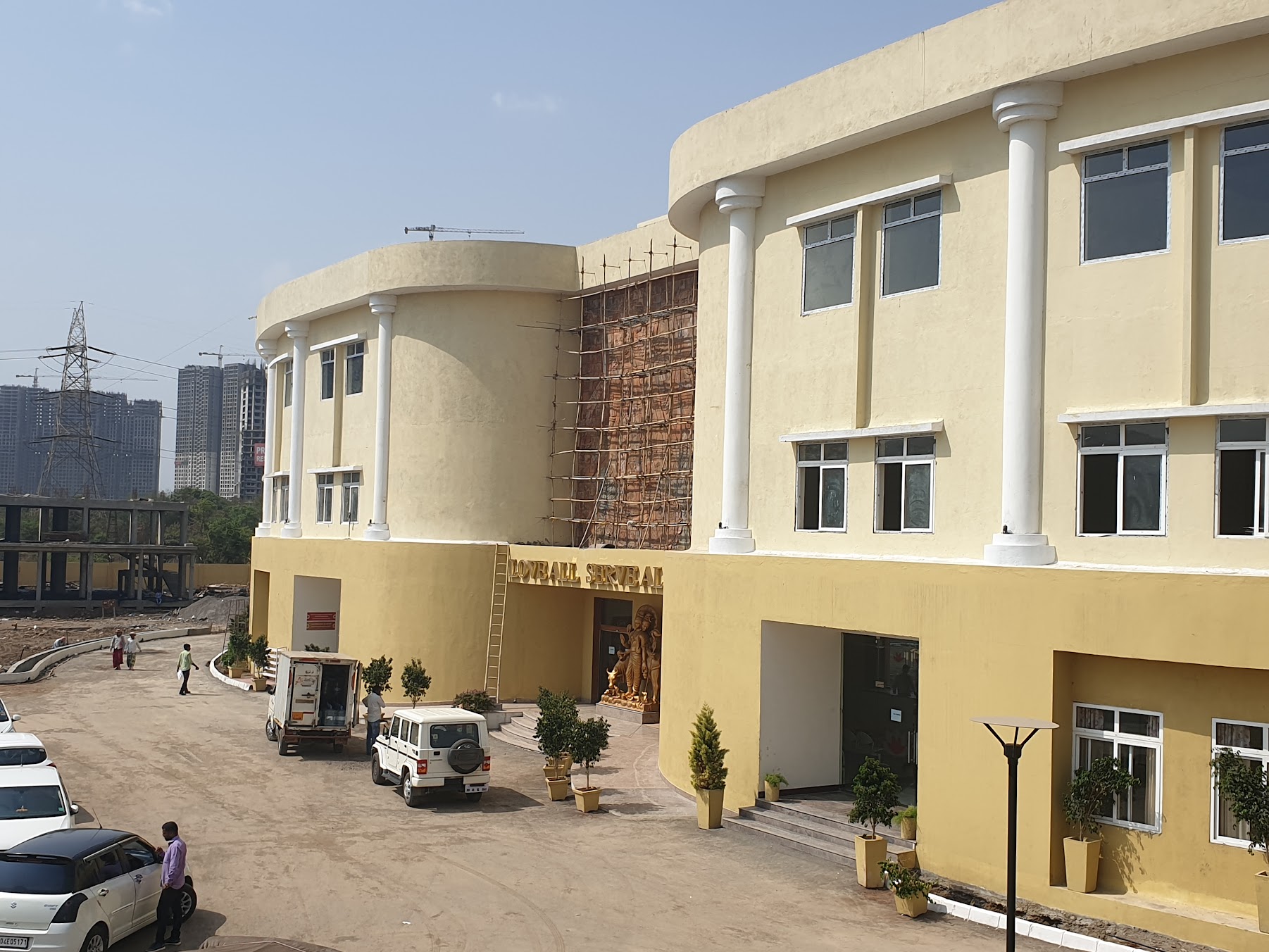
Presently, we are going through unprecedented times and RERA being a premier regulatory body in the real estate has taken efforts to understand the ground-level issues in the sector. The authority has extended the timelines for projects having completion dates post-March 15, 2020 by six months to safeguard builders from penalties.
The implementation of the Real Estate (Regulation and Development) Act, 2016 (RERA) has infused transparency, trust and accountability in the real estate sector. It has not only helped the aggrieved customers but also took into account the problems of builders and promoters. From timely solutions to expedited delivery of projects, the State regulatory bodies under RERA have been looking into various issues ever since its enactment. However, all these have now hit a wall due to the global pandemic. With construction activities undergoing a halt for almost two months, non-availability of labour, cartelisation of raw materials and liquidity crunch, the real estate industry has been suffering from grave problems. The construction delays have severely impacted project completion timelines and deliveries across the country. However, amid the ongoing crisis, let’s find out how RERA, the regulatory act implemented to keep a check on the marketing, operations, finance, and construction quality of all the projects and the builders has helped the industry to overcome the crisis.
RERA has improved transparency between the builder and home buyers, and this has, in turn, improved the effectiveness of doing business. Industry surveys credit more than 20 percent of the sales to the impact created by RERA along with lowering bank interest rates and attractive price offerings. The act has created a profound effect not only on the end-users but also on the investors. Many states have implemented the act, and its transparency, accountability and effectiveness have been grabbing the eyeballs.
Presently, we are going through unprecedented times and RERA being a premier real estate regulatory body has taken efforts to understand the ground-level issues. Projects having completion dates post-March 15, 2020 have been given an extension of six months to meet the timelines. It was a much-welcomed move by CREDAI, a private real estate developers association.
Even though the construction industry was allowed to resume work from lockdown 3.0, the guidelines set by the Ministry of health and family affairs (MoHFA) made it mandatory that builders can work only with the limited labour present at the construction sites. No labour movement or transportation was allowed as per the guidelines. The crisis had a considerable impact on construction activities. Resultantly, across the country, thousands of projects run behind their delivery schedule.
India is currently witnessing the most massive people migration since the partition time, and this majorly constitutes the construction and other manufacturing workers who travel from their native places to cities in search of a decent livelihood. The present migration situation poses a severe threat to intense labour sectors, especially the construction industry, where more than five crore people have been employed. It is the second-largest sector in the country, the first being the agriculture sector. Hence, the builders are doing their part by helping the workers reach their families in terms of arranging local transport or railway booking. It is the time when both governments and employers should work together to improve the plight of migrant workers. Real estate regulatory body can also play a vital role by chalking down the labour requirement in terms of each area and try to work with other departments to provide better shelter and other amenities to migrant workers so that the construction resumes at a faster pace.
No other Government agency understands the plight of real estate more than RERA, and it will be more than welcome if the authority can step forward and work with concerned ministries to revive the sector. CREDAI in an open letter to our beloved Prime Minister had requested for the one-time restructuring of loans, additional institutional funding, waiver of penal interest, customer-centric treatment of real estate, control on cartelisation of raw material, allowing the Input Tax Credit (ITC) in GST filing and quick disbursal of SWAMIH fund. We look forward to our highest offices to provide us with the solutions at the earliest. RERA also allows any project to apply for an extension of up to one year under force majeure. COVID-19 is beyond doubt a reason to consider for such an extension. In my opinion, the RERA should oblige the plight of builders and implement a one-year extension for projects by default.


